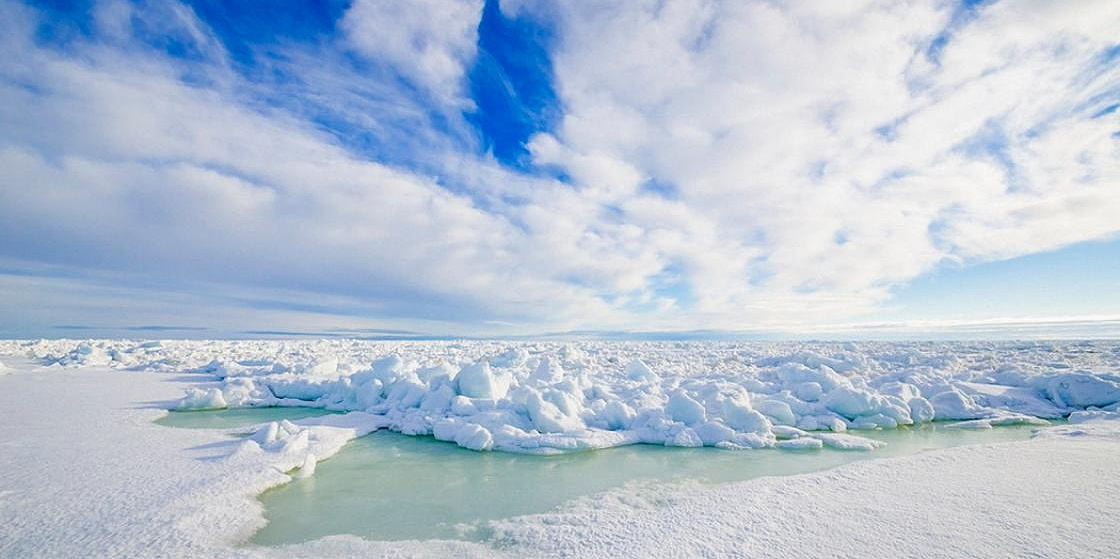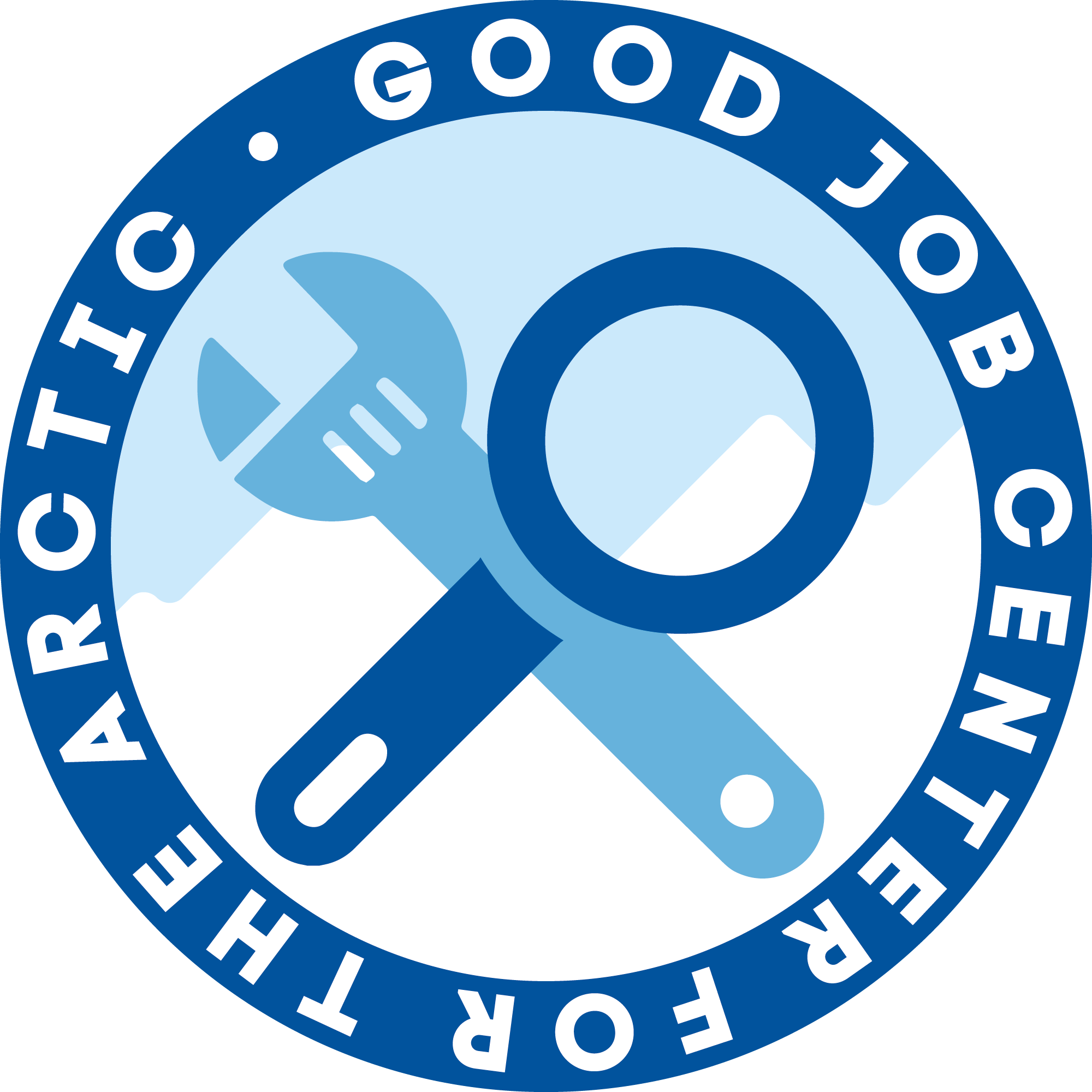
Photo: Yakovlev Sergey/GeoPhoto.ru
New EU’s Arctic Strategy as Challenge to Russia
On 13 October 2021, the European Commission produced a new strategy document setting the Union’s new priorities, goals and objectives in the High North entitled “A stronger EU engagement for a peaceful, sustainable and prosperous Arctic”. The strategy stipulates that, as a geopolitical power, the EU has strategic and day-to-day interests both in the European Arctic and the broader Arctic region.
According to the document, the EU’s objectives in the Arctic are defined as follows:
— Contributing to maintaining peaceful and constructive dialogue and cooperation in a changing geopolitical landscape, to keep the Arctic safe and stable.
— Addressing the ecological, social, economic and political challenges arising as a consequence of climate change and taking strong action to tackle climate change and environmental degradation.
— Supporting the inclusive and sustainable development of the Arctic regions to the benefit of its inhabitants and future generations, focusing on the needs of Indigenous Peoples, women and the young, and investing in future-orientated jobs and the blue economy.
In terms of the strategy, climate change is seen as a key threat to the Arctic. To respond to the challenge, the EU announces a policy envisaging that “oil, coal and gas stay in the ground, including in Arctic regions”.
With the strategy being a non-binding document, the EC will act through changing the national policies of its member states. The document provides that “the Commission shall work with partners towards a multilateral legal obligation not to allow any further hydrocarbon reserve development in the Arctic or contiguous regions, nor to purchase such hydrocarbons if they were to be produced.”
This policy appears to be in direct contradiction with both Russia’s national interests in the High North and the spirit of dialogue and good neighborly relations between Moscow and Brussels. Along with the Carbon Border Adjustment Mechanism (CBAM) to be introduced in 2026, the policy aiming to restrict hydrocarbon extraction in the Arctic is more than likely to put a strain on relations between Russia and the EU. Let us not forget that Russia is or will be implementing a series of major oil and gas development projects in the Arctic, including Yamal LNG, Vostok Oil, Arctic LNG 2, Obsky Gas Chemistry Complex and others. A large portion of their output was expected to be exported to the EU countries, which means that the mentioned restrictions, if put in place, could be a major game-changer.
Vide Premier Novak criticized the new policy goals as being politically motivated. “Why necessarily the Arctic? There are plenty of places on Earth where oil and gas development can be banned”, he said. In turn, President Putin believes that an eventual decrease in hydrocarbon production will not affect Russian producers: “If such decisions cause prices to go up… we will reduce the output [of extracted oil and gas] but lose nothing owing to higher prices”.
At the same time, Russia is not the only country whose interests are affected by the EU’s new policy. There are other major oil and gas producers in the Arctic such as Canada, Norway and, eventually, the US. There is a possibility that the new strategy announced by Brussels will help them find common ground -- thus relaunching a meaningful dialogue between the Arctic nations.
Arctic Today is a column by PORA CEO Alexander Stotskiy analyzing major international, national and regional events and trends in the Arctic.
According to the document, the EU’s objectives in the Arctic are defined as follows:
— Contributing to maintaining peaceful and constructive dialogue and cooperation in a changing geopolitical landscape, to keep the Arctic safe and stable.
— Addressing the ecological, social, economic and political challenges arising as a consequence of climate change and taking strong action to tackle climate change and environmental degradation.
— Supporting the inclusive and sustainable development of the Arctic regions to the benefit of its inhabitants and future generations, focusing on the needs of Indigenous Peoples, women and the young, and investing in future-orientated jobs and the blue economy.
In terms of the strategy, climate change is seen as a key threat to the Arctic. To respond to the challenge, the EU announces a policy envisaging that “oil, coal and gas stay in the ground, including in Arctic regions”.
With the strategy being a non-binding document, the EC will act through changing the national policies of its member states. The document provides that “the Commission shall work with partners towards a multilateral legal obligation not to allow any further hydrocarbon reserve development in the Arctic or contiguous regions, nor to purchase such hydrocarbons if they were to be produced.”
This policy appears to be in direct contradiction with both Russia’s national interests in the High North and the spirit of dialogue and good neighborly relations between Moscow and Brussels. Along with the Carbon Border Adjustment Mechanism (CBAM) to be introduced in 2026, the policy aiming to restrict hydrocarbon extraction in the Arctic is more than likely to put a strain on relations between Russia and the EU. Let us not forget that Russia is or will be implementing a series of major oil and gas development projects in the Arctic, including Yamal LNG, Vostok Oil, Arctic LNG 2, Obsky Gas Chemistry Complex and others. A large portion of their output was expected to be exported to the EU countries, which means that the mentioned restrictions, if put in place, could be a major game-changer.
Vide Premier Novak criticized the new policy goals as being politically motivated. “Why necessarily the Arctic? There are plenty of places on Earth where oil and gas development can be banned”, he said. In turn, President Putin believes that an eventual decrease in hydrocarbon production will not affect Russian producers: “If such decisions cause prices to go up… we will reduce the output [of extracted oil and gas] but lose nothing owing to higher prices”.
At the same time, Russia is not the only country whose interests are affected by the EU’s new policy. There are other major oil and gas producers in the Arctic such as Canada, Norway and, eventually, the US. There is a possibility that the new strategy announced by Brussels will help them find common ground -- thus relaunching a meaningful dialogue between the Arctic nations.
Arctic Today is a column by PORA CEO Alexander Stotskiy analyzing major international, national and regional events and trends in the Arctic.
15 October 2021




